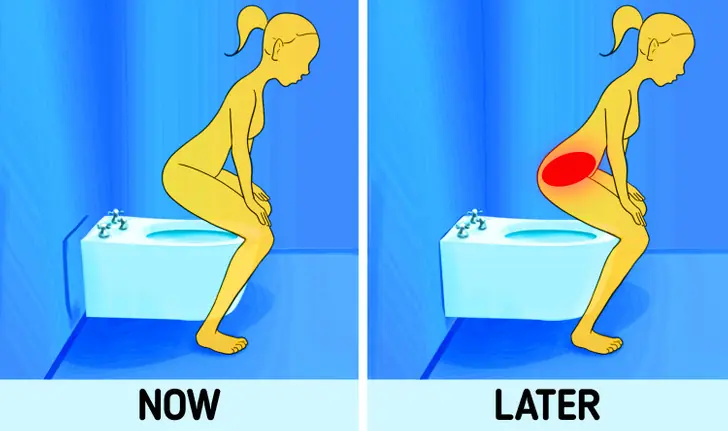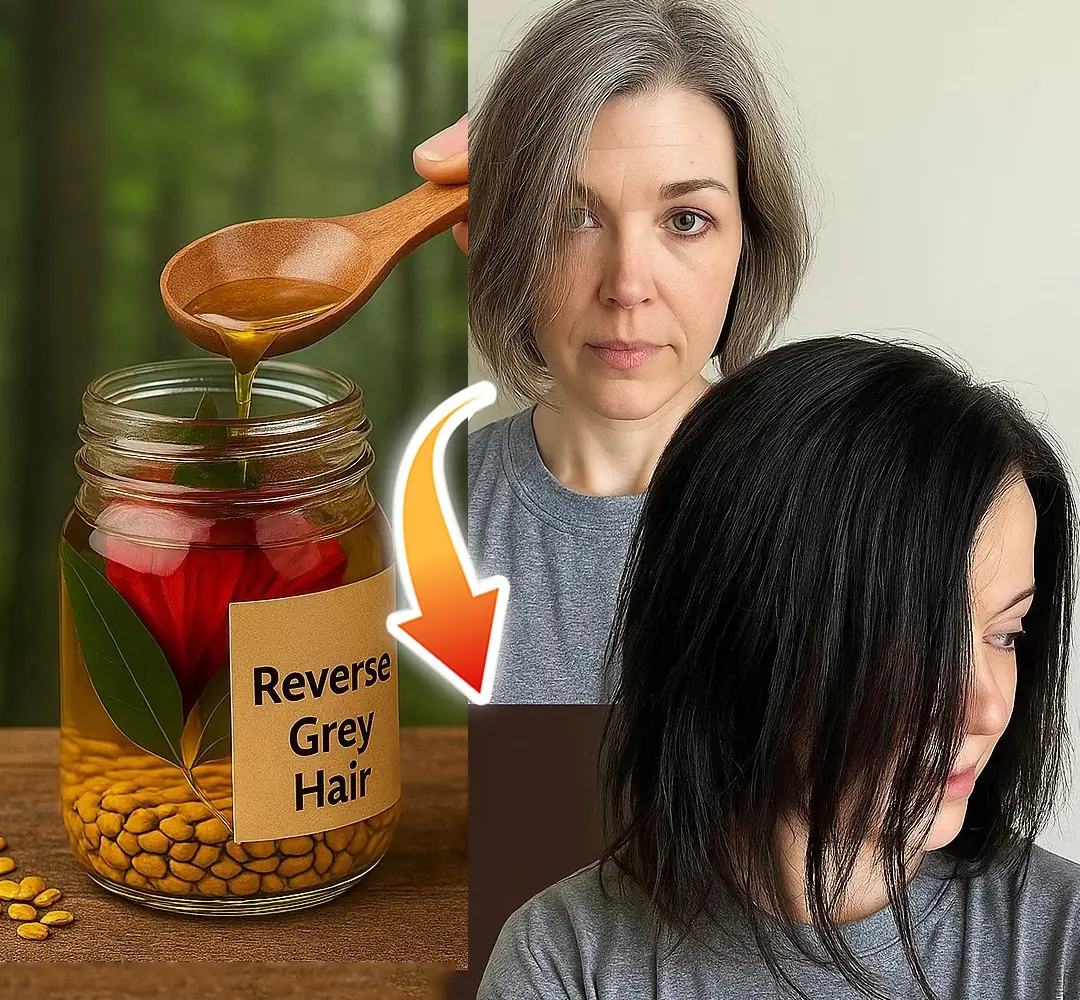
Shoulder Pain from Sleeping: Causes, Solutions and More

Waking up with shoulder pain or experiencing discomfort that interrupts your sleep can leave you feeling exhausted and irritable the next day. Often, this type of pain is caused by something as simple as your sleeping position, but it can also be a sign of an underlying shoulder injury or condition.
Sleeping on your side, especially if you already have inflamed or damaged shoulder tendons, can worsen the pain dramatically. Conditions like arthritis, rotator cuff injuries, frozen shoulder, and even pregnancy can all contribute to pain and stiffness in your shoulders during the night.
In this article, we’ll explore the many reasons shoulder pain occurs while sleeping, what symptoms you might experience, and most importantly—how to relieve it and improve your sleep quality. You'll also discover the best sleeping positions for shoulder pain, plus tips for choosing the right mattress and pillow to support your body properly.
Understanding the Anatomy of Your Shoulder
Your shoulder is one of the most complex and mobile joints in your body. It consists of a coordinated system of muscles, tendons, ligaments, bones, and joints that allow for a wide range of movement.
According to Dr. Stephen Kishner, an expert in physical medicine and rehabilitation, the shoulder joint is inherently unstable because of its complexity. The rotator cuff, a group of muscles and tendons that stabilize the shoulder, is particularly vulnerable to injury. Tears or inflammation in this area are among the most common sources of nighttime shoulder pain.
Common Symptoms of Shoulder Pain While Sleeping
Shoulder pain during sleep isn’t just about soreness—it can manifest in various ways depending on the root cause. Some of the most common symptoms include:
-
Waking up with stiffness or tightness in the shoulders
-
Radiating pain from the shoulder blade to the neck or arm
-
Throbbing or sharp pain when lying on one side
-
Numbness or tingling in your upper arm or shoulder
-
Shoulder spasms or cramps during the night
-
Pain that worsens when changing sleeping positions
-
Persistent discomfort that makes falling or staying asleep difficult
These symptoms can be mild and occasional or persistent and severe, affecting your overall sleep quality and daily life.
Why Does Your Shoulder Hurt at Night? Common Causes
1. Shoulder Injuries (Acute or Chronic)
A traumatic fall, overuse, or lifting heavy objects can result in an acute injury, while repetitive movements over time can lead to chronic conditions like tendonitis or arthritis. These injuries often feel worse at night due to reduced activity and increased inflammation.
Chronic shoulder issues such as rotator cuff tears or joint instability may not seem serious during the day but can become significantly more painful while lying down.
2. Frozen Shoulder (Adhesive Capsulitis)
Frozen shoulder is a condition that causes stiffness, limited motion, and deep aching pain. According to WebMD, it frequently disrupts sleep and may last for months or even years if left untreated. Pain is usually worse at night and during periods of inactivity.
3. Rotator Cuff Injuries and Bursitis
Damage or inflammation in the rotator cuff is a major reason people wake up with shoulder pain. Common related conditions include:
-
Tendonitis: Caused by overuse, it results in irritation of the tendons and worsens with side sleeping.
-
Shoulder Impingement: Occurs when the rotator cuff tendons are pinched, causing persistent discomfort.
-
Bursitis: Inflammation of the small fluid-filled sacs (bursae) in your shoulder can lead to sharp night pain.
4. Rotator Cuff Tear
Tears in the rotator cuff may occur from injury or overuse and often result in deep, throbbing pain—especially when lying on the affected side. According to the Mayo Clinic, this pain may travel down your arm and be accompanied by weakness or difficulty lifting objects.
5. Brachial Plexus Injury
This nerve injury affects the network that runs from your neck through your shoulder to your arm. Damage here may result in numbness, tingling, and stabbing pain in your shoulder that wakes you up at night.
6. Myofascial Pain Syndrome
Muscle knots and trigger points in your back or shoulders can cause sharp pain during sleep. These tight, sensitive areas may become worse at night due to immobility and poor posture. Massage, stretching, and physical therapy often help.
7. Side-Sleeping Posture
Sleeping on one side for long periods can compress the shoulder joint, especially on a soft or unsupportive mattress. Even people without injuries may develop shoulder pain from sustained pressure or a lack of movement during sleep.
8. Pregnancy
In later stages of pregnancy, women often experience back and shoulder pain due to the added weight, hormonal changes, and side-sleeping positions. Switching sides throughout the night and using a pregnancy pillow may help relieve this discomfort.
9. Acromioclavicular (AC) Joint Injury
Injury to the AC joint, where the collarbone meets the shoulder, can cause dull or sharp aches, especially when sleeping on the injured side. These injuries often occur due to falls or impact.
10. Thoracic Outlet Syndrome
This condition causes compression of blood vessels or nerves between your collarbone and first rib, resulting in shoulder, neck, or arm pain—particularly at night. It may also cause numbness and tingling.
11. Other Causes of Night Shoulder Pain
-
Arthritis: Chronic joint inflammation often flares up at night.
-
Pinched Nerve: Radiating pain from the neck into the shoulder can be caused by cervical spine issues.
-
Referred Pain: Pain that originates in the spine, chest, or internal organs can manifest in the shoulder.
-
Heart Attack Warning Sign: In rare cases, shoulder pain may be a sign of a heart attack, especially if accompanied by chest discomfort or shortness of breath.
-
Old or Uncomfortable Bed: Studies show that mattresses older than 5 years can contribute to poor sleep posture and musculoskeletal pain.
How to Sleep Better With Shoulder Pain
✅ Best Sleeping Positions for Shoulder Pain
-
Sleep on your back with a pillow under your affected arm for support.
-
If you prefer side sleeping, lie on the unaffected side and place a pillow between your legs to maintain spinal alignment.
-
Avoid sleeping on your stomach or with your arms above your head.
-
Use a medium-firm mattress that supports your spine and shoulders evenly.
✅ Best Pillows for Shoulder Pain
-
Memory foam or contoured pillows provide support for the head and neck.
-
Avoid very high or very flat pillows that misalign the neck and shoulder.
-
Consider using a body pillow or wedge to relieve pressure from your shoulder joint.
At-Home Relief: Exercises, Ice, and More
🔄 Gentle Shoulder Stretches
Stretching can help relieve tension and restore range of motion. Try the cross-body arm stretch or neck release exercises to ease stiffness.
❄️ R.I.C.E. Method
-
Rest your shoulder to avoid overuse.
-
Ice for 15–20 minutes every few hours.
-
Compress with a wrap or support brace.
-
Elevate by avoiding pressure on the shoulder.
Switch to a warm compress after the first 72 hours to promote circulation and healing.
Relieving Rotator Cuff Pain During Sleep
To ease rotator cuff pain at night:
-
Sleep on your back with a pillow under your elbow.
-
Avoid sleeping on the painful shoulder.
-
Use a heat pack before bed to relax muscles and increase blood flow.
When to See a Doctor
See a healthcare provider if:
-
You experience severe or sudden pain in the shoulder
-
Pain is accompanied by swelling, redness, or warmth
-
You can’t move your arm
-
Night pain persists for more than a few weeks despite home care
Conclusion
Shoulder pain at night can significantly disrupt your sleep, mood, and quality of life. Whether it's due to injury, posture, or underlying conditions, it’s important to address the cause and make adjustments to your sleep environment and routine.
With the right strategies—supportive pillows, better posture, targeted exercises, and proper mattress care—you can start getting restful, pain-free sleep again.
News in the same category


7 warning signs of kidney failure in your feet – #5 is easy to miss!

Teacher Shocked by Stage 4 Stomach Cancer Diagnosis After Mistaking Sore Throat for a Common Cold – 2 Kitchen "Culprits" Exposed
A sore throat may seem like nothing more than a seasonal annoyance, but sometimes it hides something far more dangerous. That was the devastating reality for a retired teacher in Taiwan who thought his discomfort was due to cold weather—until doctors re

50-Year-Old Man Dies After Eating Leftovers: 5 Foods You Should Never Keep Overnight
Leftovers may seem harmless, but in some cases, they can turn into hidden health risks. A tragic case has recently drawn attention to how certain foods, when stored improperly or left too long, may lead to life-threatening consequences.

3 Morning Urine Signs That Could Signal Silent Kidney Trouble – Don’t Ignore Them
Protecting your kidneys is about more than preserving the urinary system—it is about safeguarding your energy, your heart, and your long-term health.

Top 10 foods that improve blo:od circulation in legs

Cardiologist Reveals the #1 Exercise to Prevent a Heart Attack

Doctors prescribe LEVOTHYROXINE—but here’s what they don’t tell you

Claim: a juice regimen reportedly cleared can:cer cells in 42 days

Woman Endures Years of Swollen Foot Before Doctor Reveals Shocking Cause

Things People Do That Put Themselves Closer to a Stroke

The Harmful Effects of Squatting Over a Toilet 🚽

Rare Body Features That Show Just How Incredible the Human Body Is

Proven Health Benefits of Dates

Man Suffers a Stroke from Bathing After a Meal: 3 Things You Should Never Do

5 Warning Signs of a Dangerous Stroke and the 4 Groups Most at Risk

Waking Up at Midnight: Husband Complains of a Headache, Wife's Quick Thinking Saves His Life

Doctors finally reveal the BENEFIT of one egg a day

Largest-Ever Individually Randomized Trials Show High-Dose Flu Vaccines Reduce Hospitalizations
In short, these studies suggest that a stronger flu vaccine does far more than ward off seasonal sniffles—it can save lives, ease pressure on hospitals, and even protect the heart.
News Post

Oil Infusion For Fast Hair Growth

Most Widely Used High Blood Pressure Drug May Harm Heart Health, Study Shows

7 warning signs of kidney failure in your feet – #5 is easy to miss!

How to Make a DIY Aloe Vera Night Cream for Glowing Skin

Vaseline Tips For Skin, Hair & Lips

Harvard Scientist Claims ‘Hostile’ Object Coming at Us Is Advanced ‘Mothership’ and Issues Warning

Lab-Made Butter Created From CO2 Tastes Like The Real Thing, Says Bill Gates

Natural Hair Rejuvenation: How to Restore Your Hair Color from Grey to Gorgeous
This DIY remedy provides a comprehensive approach to hair care, nourishing your hair both from within and externally.

Erase Wrinkles and Dark Spots Naturally With This DIY Aspirin & Vaseline Trick
Adding this natural remedy to your daily skincare routine can help you achieve smoother, younger-looking, and more radiant skin — all without relying on costly treatments.

DIY Clove Water Spray That Works Like Botox for Firm and Bright Skin
This homemade clove water spray, enriched with nature’s most powerful ingredients, offers a simple way to achieve firmer, brighter, and more youthful-looking skin — without the need for injections or costly skincare products.

Never Eat Eggs With These 6 Foods — A Dangerous Combination for Your Health
By avoiding these six food pairings and choosing the right cooking methods, you can enjoy eggs as a powerhouse of nutrition without compromising your health.

Cut soap and mix with this to put in the corner of the house: Mosquitoes will fly black
With these simple hacks—soap and sugar water, repellent plants, lemon with cloves, and coffee ground smoke—you can protect your home naturally.

5 Fish Parts You Should Never Eat – The #1 “Nutritious” Organ Could Turn Deadly
Fish remains one of nature’s best superfoods—but only when handled the right way.

Teacher Shocked by Stage 4 Stomach Cancer Diagnosis After Mistaking Sore Throat for a Common Cold – 2 Kitchen "Culprits" Exposed
A sore throat may seem like nothing more than a seasonal annoyance, but sometimes it hides something far more dangerous. That was the devastating reality for a retired teacher in Taiwan who thought his discomfort was due to cold weather—until doctors re

50-Year-Old Man Dies After Eating Leftovers: 5 Foods You Should Never Keep Overnight
Leftovers may seem harmless, but in some cases, they can turn into hidden health risks. A tragic case has recently drawn attention to how certain foods, when stored improperly or left too long, may lead to life-threatening consequences.

3 Morning Urine Signs That Could Signal Silent Kidney Trouble – Don’t Ignore Them
Protecting your kidneys is about more than preserving the urinary system—it is about safeguarding your energy, your heart, and your long-term health.

The ultimate battle of faith versus tech

Man caught 'cheering' in crowd after Charlie Kirk killing breaks silence
